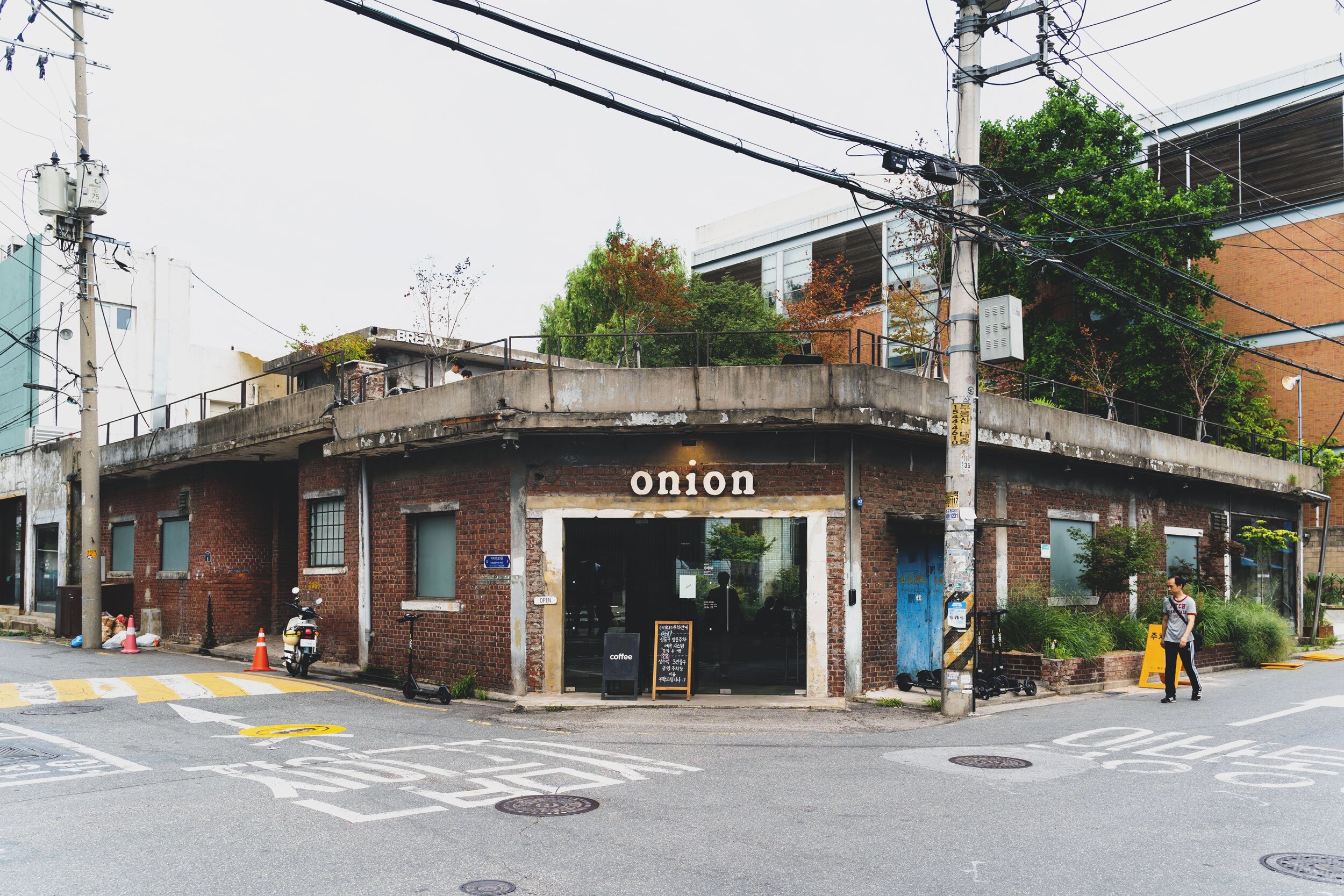Hannam, Seoul
As one of Seoul’s most desirable neighborhoods, Hannam is at Korea’s forefront of fashion and trends.
Mullae, Seoul
An up-and-coming area that combines factories and metalwork with art, ateliers and cafes.
Seongsu, Seoul
One of Seoul’s most trendy neighborhoods, nicknamed the “Brooklyn of Seoul”.
Seoul, Korea: The Food Tour
Seoul food and drink recommendations after visiting the city multiple times.
Seoul, Korea: A Second Trip
Returning to Seoul to explore new places and get to know the city a little better.






